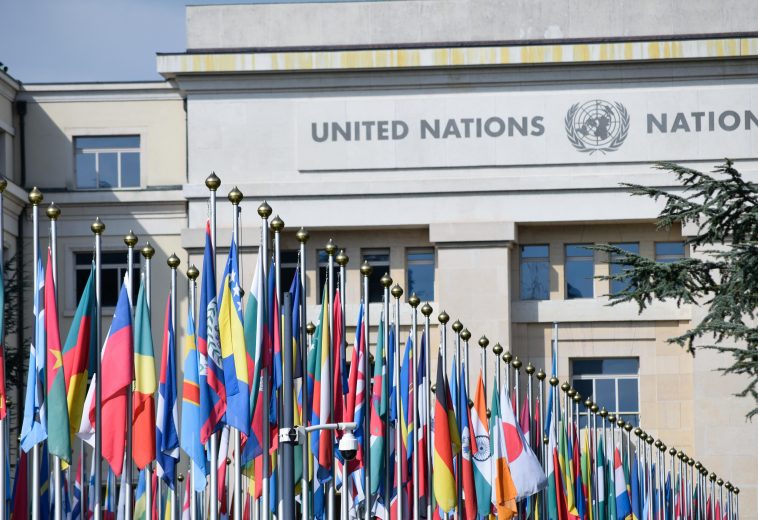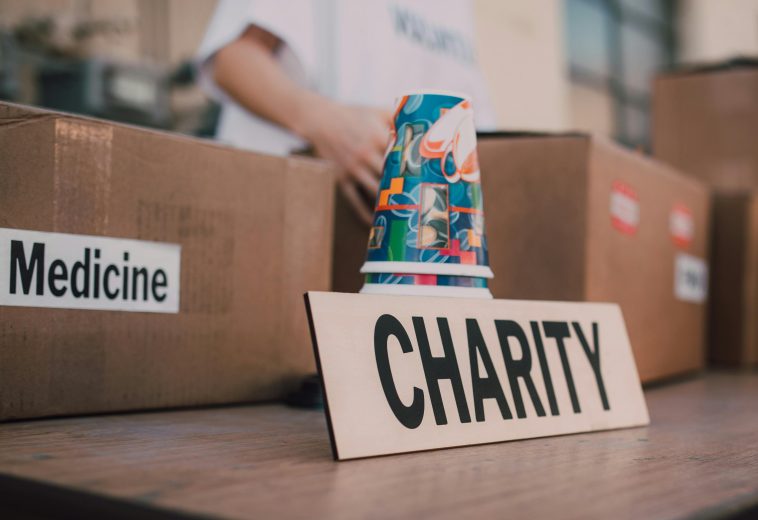Christmas, a season of joy, reflection, and unity, is celebrated worldwide with unique traditions. In Africa, however, the festive occasion radiates a distinct vibrancy, woven through with the continent’s rich cultures and deep sense of community.
For millions across Africa, Christmas is not just a day of celebration but a time to honour family, community, and faith. From the bustling streets of Lagos to the quiet villages of Rwanda, an African Christmas is a vibrant mix of local customs, Christian beliefs, and an enduring spirit of togetherness.
READ ALSO: Cultural Festivities: Exploring African Family Traditions at Yuletide
The Historical Journey of Christmas in Africa
Christmas arrived in Africa with European missionaries during the colonial era. But Africans didn’t simply copy Western customs. Instead, they made the holiday their own, blending it with their traditions through music, dance, food, and storytelling.
Take Ethiopia, for example. With one of the world’s oldest Christian traditions, celebrations often centre on the Epiphany (Timkat), offering a unique African take on Christmas. This blend of faith and culture shows how Africa has adapted global traditions to reflect its own identity.
The Essence of an African Christmas
Unlike the commercial rush that’s become common in the West, Christmas in Africa is rooted in togetherness and simplicity. It’s about celebrating life and faith with loved ones, regardless of financial circumstances.
In Uganda and Kenya, church services are at the heart of the holiday. People wear their finest clothes, sing uplifting hymns, and hear sermons that inspire hope. In South Africa, families gather for outdoor barbecues, or braais, while in Ghana, children bring the nativity story to life with performances filled with local flavour.
Celebrating Through Food and Music
Food plays a big role during Christmas in Africa. In Nigeria, families share dishes like jollof rice, fried chicken, and pepper soup. In Malawi, goat meat and nsima, a maize-based dish, are staples. But the meal isn’t just about eating—it’s a chance to share, connect, and celebrate together.
Music and dance are equally important. In Zimbabwe and Sierra Leone, Christmas carols are given a local twist with traditional rhythms and instruments. Community dances, often held in churches or open spaces, turn the celebrations into colourful expressions of joy and culture.
Christmas Beyond the Festivities
For many Africans, Christmas is also a time to give back. People share meals with neighbours who might be struggling, or organise community events to support those in need. Churches and local groups often lead these efforts, making sure everyone feels the holiday spirit.
Reflecting on Community and Society
Christmas in Africa isn’t just about festivities—it’s also a moment to think about the bigger picture. The holiday brings people together, just as effective governance aims to unite diverse communities. Both require generosity, participation, and a focus on collective well-being.
In Rwanda, for example, Christmas gatherings often include reconciliation events. These moments strengthen social bonds and remind communities of the importance of harmony, particularly in a country that’s worked hard to rebuild unity.
The Road Ahead
As Africa continues to change and grow, so do its Christmas traditions. Cities are embracing modern touches like digital greetings and the occasional Santa Claus, but the core values of faith, community, and generosity remain at the heart of the celebrations.
An African Christmas also reflects the continent’s resilience and potential. The way people come together during the season is a reminder of the strength found in unity. As Africa tackles challenges like poverty, inequality, and climate change, the spirit of Christmas offers hope and a sense of possibility. An African Christmas is more than just a festive event. It’s a warm, heartfelt celebration that blends tradition with modern life. As the bells ring and choirs sing across the continent this season, let it be a time for joy, reflection, and envisioning a brighter, united future. After all, if Christmas can bring together such diverse traditions, perhaps it can inspire us all to work towards a world that’s just as full of hope and togetherness.




